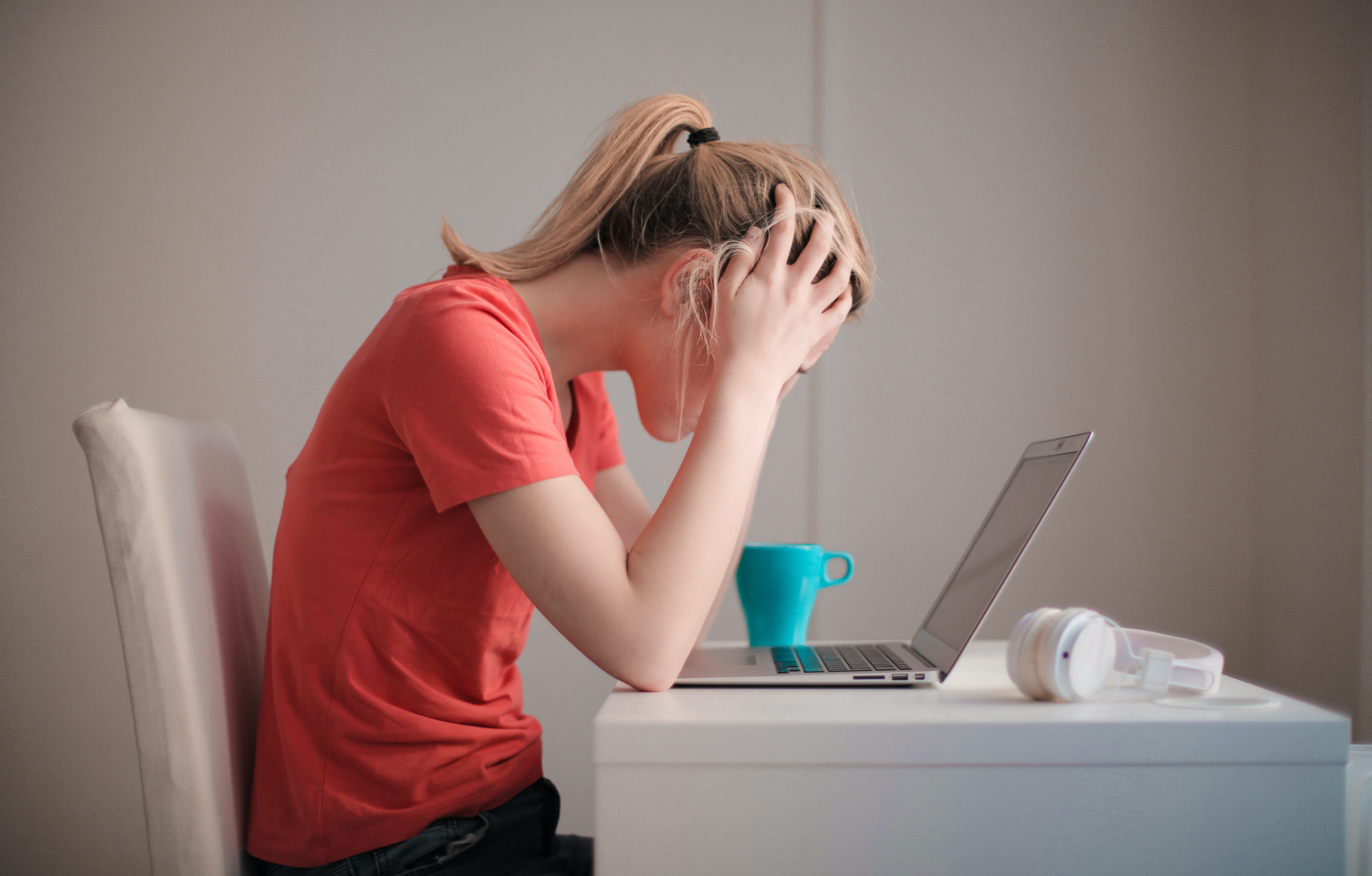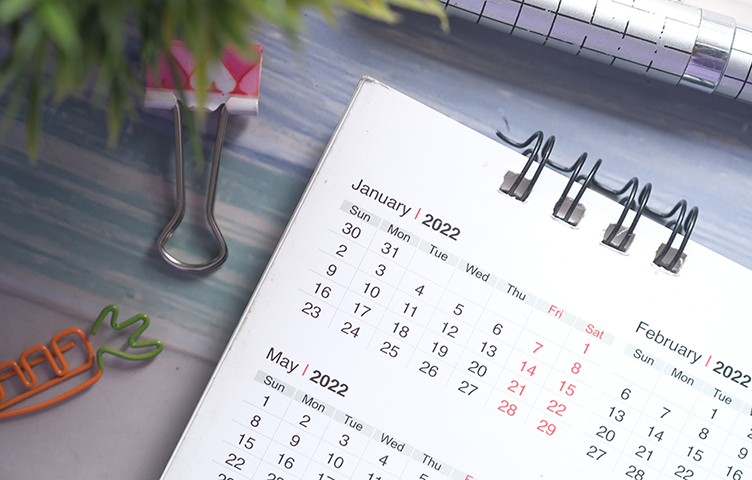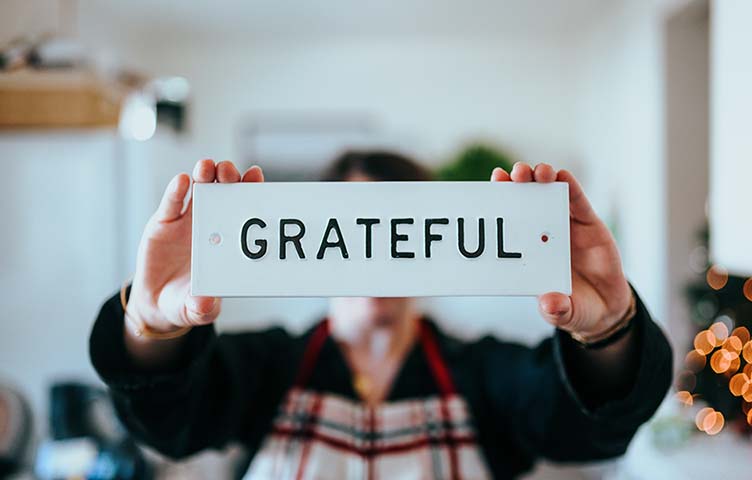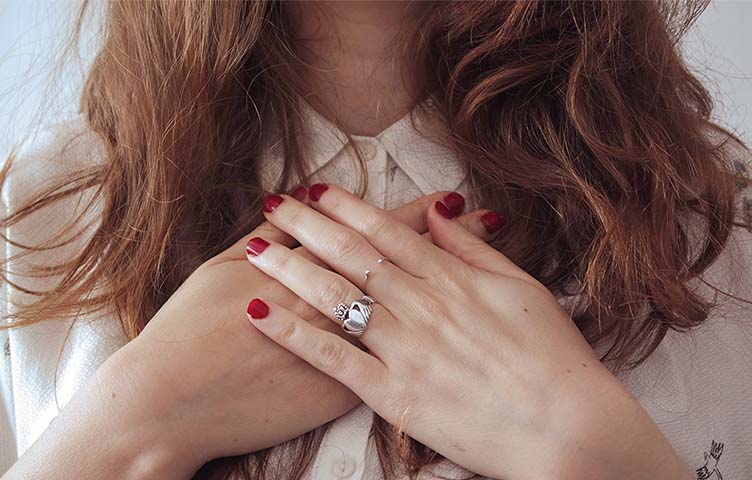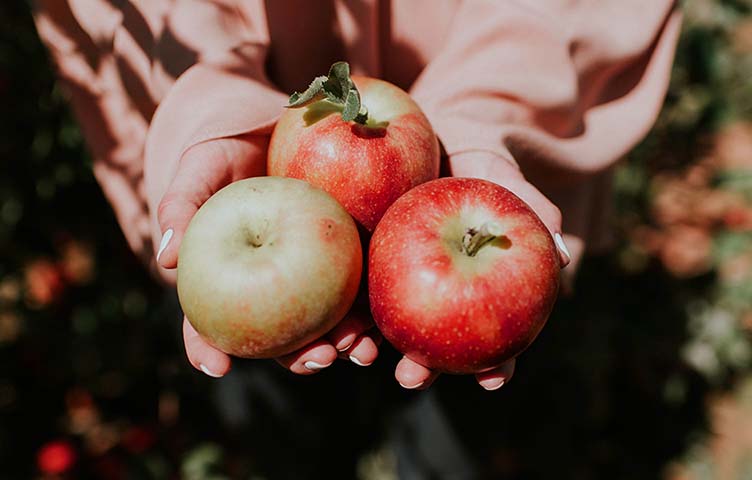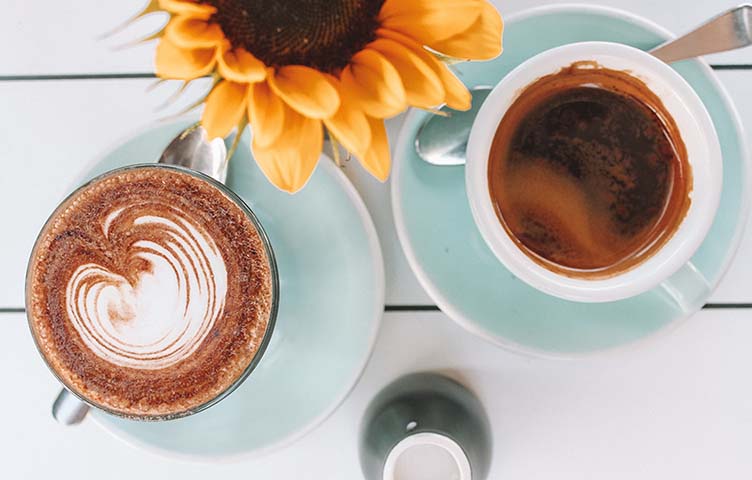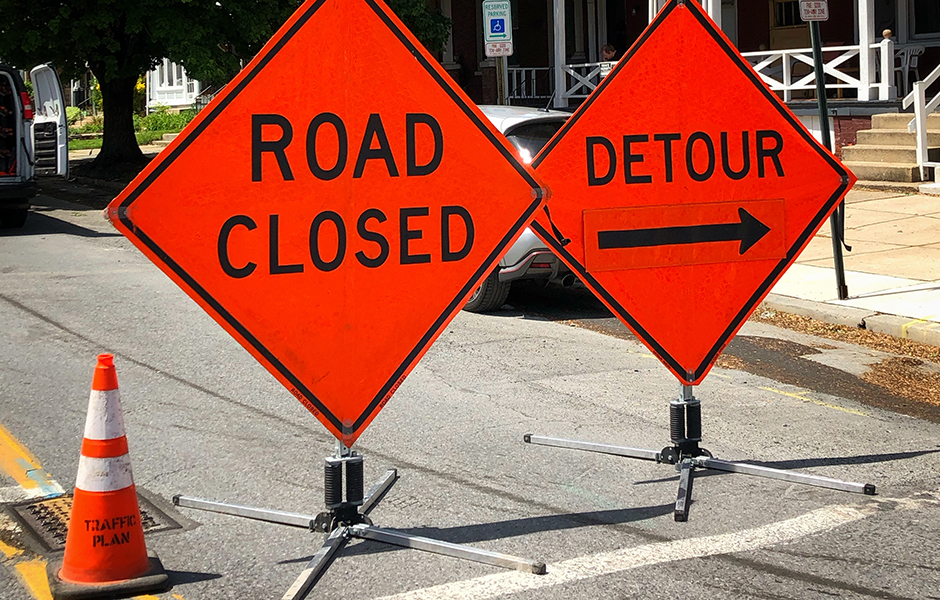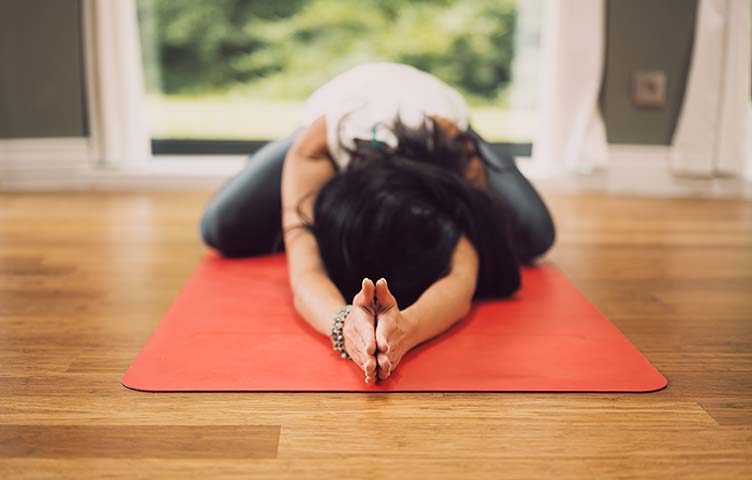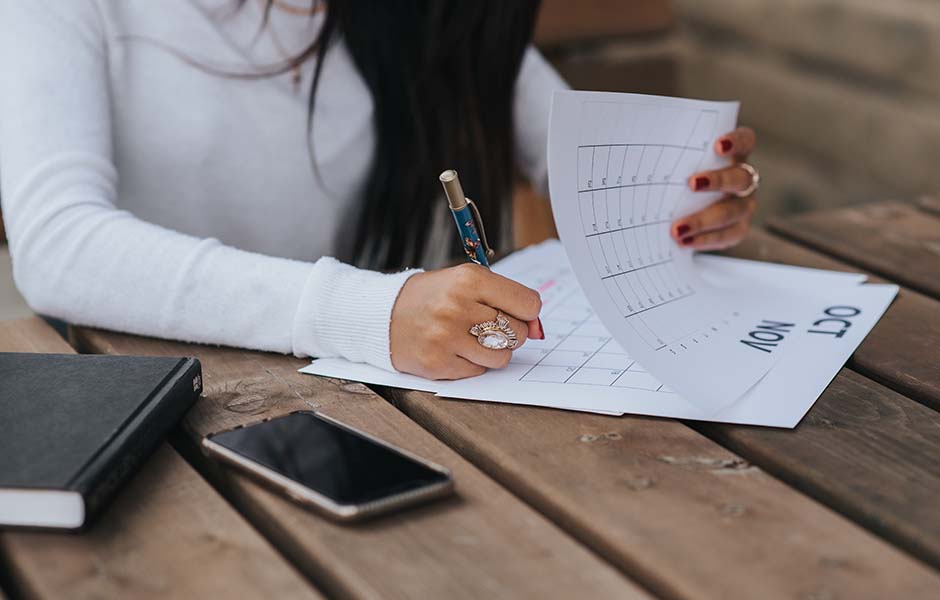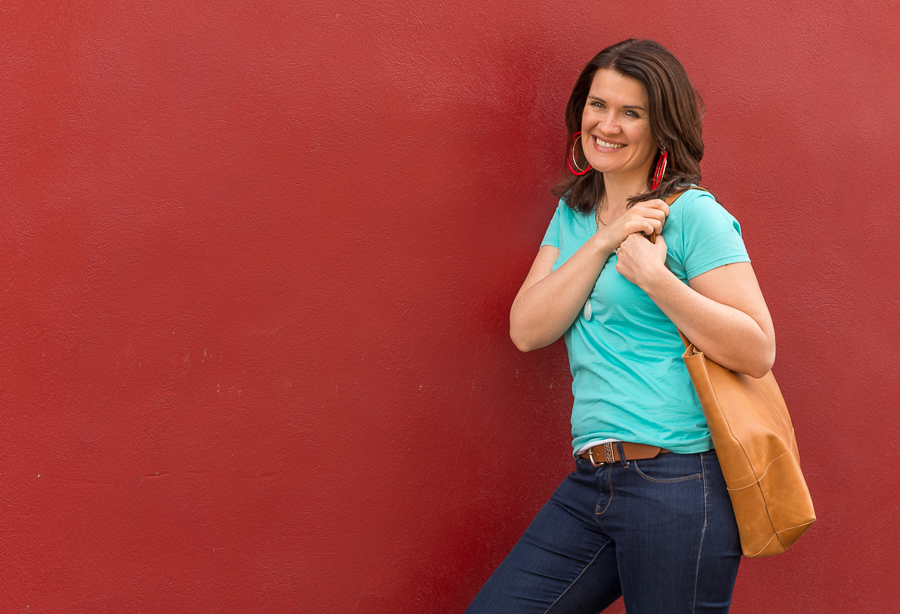Over the past few weeks, Tony and I have begun a new, unintentional ritual. Every morning, just as we sit down to pray before starting our day, I look at him. He looks at me. And we say,
“It’s another day.”
Then at least one of us (usually me), lets out a rather large sigh. Because it’s one more day of social distancing, one more day of shelter in place, and one more day of not knowing how long this will last. And all of this is getting terribly heavy to carry.
The worrying about loved ones, the concern over staying germ free when going to the store, and being at home ninety-five percent of the time—alone, are enough to make us feel restless. But there is still a very real, scary virus out there. The news is discouraging and at times confusing. And while very few of us are going anywhere,
We’re all so tired.
Psychiatrist, Dr. Curt Thompson explains here, that this exhaustion is a result of “disembodiment.” In other words, as human beings, we live in our bodies much more than we realize. In fact, we “use our bodies, [instead of] our actual words, to communicate upwards to 85-90% of everything we ‘say.’” This makes zoom meetings and FaceTime sessions with family, that much more exhausting because we’re trying to communicate with words, what we usually express by our posture or with a hug. Not only that, but we are built for movement, something our current circumstances gives us little opportunity for.
Though it feels confusing to spend so much time at home and still be exhausted—there are more than enough reasons for why we are feeling this way.
In other words, though it feels confusing to spend so much time at home and still be exhausted—there are more than enough reasons for why we are feeling this way. However this tired, is unlike any tired we’ve experienced before. A mix of emotional and physical stress, this exhaustion is a daily reminder that our lives are not what they should be.
Only, if we’ve been trying to fix this fatigue the way we usually do, it may not work. Different causes of exhaustion often require different solutions. What we’re eating, how we’re spending our down time, or how we are (or are not) moving our body—is going to play into how we sustain ourselves through this difficult season.
If we’ve been trying to fix this fatigue the way we usually do, it may not work.
For example, during times of stress, I am prone to emotional eating. This means I’ve been joining the many others in spending extra time in the kitchen baking and creating delicious food to distract and numb how I am feeling. However, the eating part isn’t giving me as much joy as it use to.
Two weeks ago, Tony and I made a huge plate of nachos for Cinco De Mayo. Afterward, both of us admitted it wasn’t as enjoyable as we thought it would be. But then last week, I spent an evening baking cookies for some friends, and listening to an old Mat Kearney album that I love. It turns out, it was the act of baking and the music that made me feel better than eating any of the cookies that “broke” coming out of the oven.
Instead of resuming my pre-pandemic self care routines, I’m finding we’re creating new ones or I’m resurrecting old ones I haven’t visited in a while. Rather than streaming a workout video for exercise, we’re taking a lot more hikes. And for prayer, I’ve returned to a much more consistent routine of journaling.
For many of us, our first response to fatigue and stress is to push through it. And our second response is to reach for our coping mechanisms (food, TV, alcohol, etc.). Only, the exhaustion we are fighting right now—like these times we are in—is unprecedented.
I share all of this today, because for many of us, our first response to fatigue and stress is to push through it. And our second response is to reach for our coping mechanisms (food, TV, alcohol, etc.). Only, like I’ve said, the exhaustion we are fighting right now—like these times we are in—is unprecedented. In order to take care of ourselves so that we can weather this storm, we need to pay attention to what our bodies are telling us (we may be surprised at what they’re saying). Then, experiment with healthy forms of self care to discover what will best sustain us through this time.
Where are you feeling a sense of exhaustion?
What new or familiar ways can you care for your body today?
Feeling a little adrift in this strange, new normal of being at home? Sign up for my email list and get your free copy of my Social Distancing Survival Guide: Everyday Routines. Sign up here.

